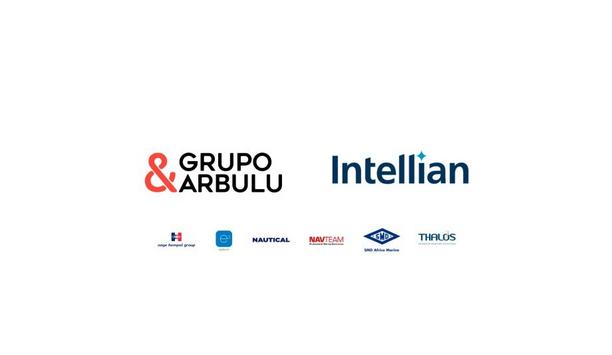The fourth edition of the ‘’Mapping of Zero-Emission Pilots and Demonstration Projects’’– launched at a Getting to Zero Coalition Workshop in Paris attended by Eric Banel, Director General for Maritime Affairs, Fisheries and Aquaculture at the French Ministry of the Sea and others – has identified increased activity among industry to innovate and find collaborative solutions to decarbonise shipping by 2050.
Three main assets
“To achieve zero emissions by 2050, we will need three main assets. First, we need technology and in France we are investing in the ecosystem of innovation and trying to integrate the whole value chain. Second, we need a trajectory, a common path, that must be set at a global level; that is why an upcoming discussion at the International Maritime Organisation [MEPC80 meeting] is very important."
He adds, "And third, we need financing on a national and international level that can enhance technical collaboration and help emerging countries join the decarbonisation,” Eric Banel said at a workshop reception where he emphasized France’s commitment to achieving shipping’s decarbonisation by 2050 on a national and international level.
373 Zero-emission pilots
Identified pilot projects take a highly collaborative approach, with 70% of the identified projects
This year’s report identified 373 zero-emission pilots and demonstration projects, which is an 84% increase over last year’s edition. Notably, new projects have emerged in Thailand, Egypt, Malaysia, and South Africa. According to the report, identified pilot projects take a highly collaborative approach, with 70% of the identified projects involving partners from at least two countries.
Partnerships are growing between developing and developed countries as well and there is a spread with some regions having higher industry activity than others. Most projects are based in Europe (56%), Asia (33%), and North America (9%), and the top three countries by the number of projects are Norway, Japan, and Denmark.
Mature methanol technologies
Findings see a continued increase in projects focusing on hydrogen-based fuels with ammonia and hydrogen in the lead. Ammonia is the dominant fuel focus for larger ship types; ammonia-powered ship designs received most of the Approvals in Principle in the last year.
For smaller ships, the pioneering technologies remain battery technology, hydrogen fuel cells, hydrogen internal combustion engines, and methanol. More mature methanol technologies have begun to move beyond pilot work to a commercialisation phase.
Author's quote
Tangible actions from the industry that demonstrate their eagerness to decarbonise by 2050"
‘’We see tangible actions from the industry that demonstrate their eagerness to decarbonise by 2050. It is promising that the number of zero-emission pilot and demonstration projects is increasing each year and impactful projects are being developed in the Global South."
He adds, "Now we need industry’s actions to be backed by an ambitious revised greenhouse gas emissions strategy from the International Maritime Organisation,’’ said Johannah Christensen, CEO of the Global Maritime Forum.
2050 Decarbonisation goals
“The Zero-Emission Pilots and Demonstration Projects report is an important resource for the shipping and maritime communities. Sharing how projects are developed from the earliest stages helps us to make informed decisions towards our shared 2050 decarbonisation goals,’’ said Paul Delouche, Director of Strategy & Advanced Services Bureau Veritas.
The Getting to Zero Coalition Workshop, hosted by the Global Maritime Forum in collaboration with Bureau Veritas and the French Maritime Cluster, brought together experts and pioneers from the shipping and maritime industries to discuss progress towards shipping’s 2030 and 2050 decarbonisation targets, share learnings, and further stimulate industry action.












